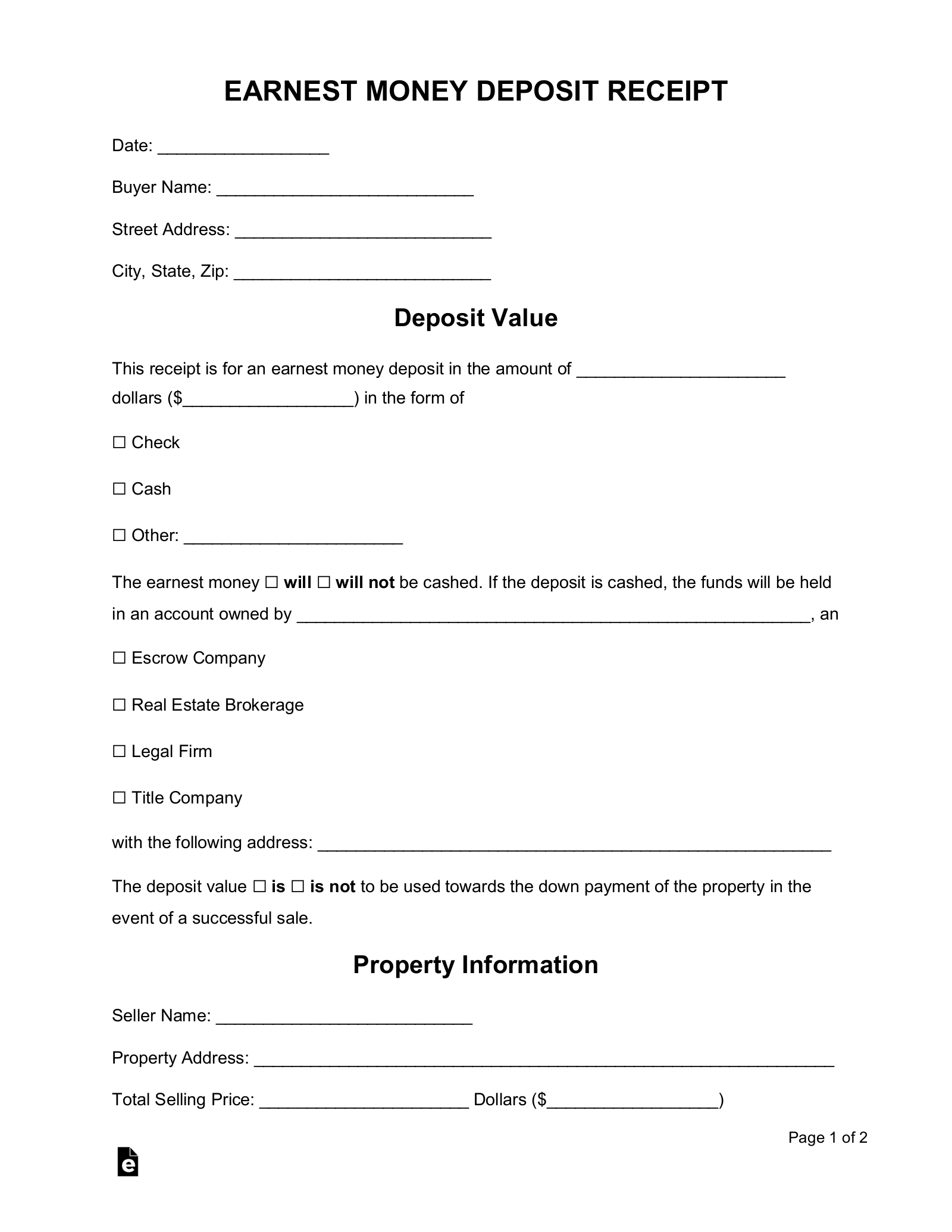REITs traditionally have delivered competitive total returns, based upon high, constant dividend earnings, and long-term capital gratitude. The FTSE Nareit U.S. Property Index Series is an extensive family of REIT efficiency standards that cover the commercial property area throughout the U.S. economy.
REITs purchase a large scope of property home types, including offices, apartment, storage facilities, retail centers, medical facilities, data centers, cell towers, infrastructure and hotels. A lot of REITs concentrate on a particular property type, but some hold multiples kinds of properties in their portfolios. Noted REIT possessions are classified into among 13 home sectors. The majority of REITs run along a straightforward and easily reasonable organization design: By renting area and collecting lease on its realty, the company produces earnings which is then paid to shareholders in the form of dividends. REITs need to pay at least 90 % of their gross income to shareholdersand most pay out 100 %.
m, REITs (or home loan REITs) do not own property straight, instead they fund property and make earnings from the interest on these financial investments. REITs historically have provided competitive overall returns, based on high, consistent dividend earnings and long-term capital gratitude. Their relatively low connection with other properties also makes them an excellent portfolio diversifier that can help in reducing overall portfolio danger and boost returns. These are the characteristics of REIT-based property investment. REITs' track record of reliable and growing dividends, integrated with long-term capital gratitude through stock price increases, has actually supplied investors with appealing overall return performance for most periods over the previous 45 years compared to the wider stock exchange in addition to bonds and other properties.
That means positioning their residential or commercial properties to draw in renters and make rental earnings and handling their property portfolios and trading of assets to develop worth throughout long-term property cycles.
A realty investment trust (REIT) is a company that owns, operates, or finances income-generating realty. Imitated mutual funds, REITs pool the capital of many financiers - How to get into real estate investing. This makes it possible for specific investors to earn dividends from genuine estate investmentswithout needing to buy, handle, or fund any homes themselves. A realty financial investment trust (REIT) is a company that owns, operates, or finances income-producing residential or commercial http://augustbcre095.fotosdefrases.com/the-basic-principles-of-who-pays-real-estate-commission properties. REITs create a constant earnings stream for financiers but provide little in the method of capital appreciation. Most REITs are publicly traded like stocks, that makes them highly liquid Browse around this site (unlike physical real estate financial investments).

The 45-Second Trick For What Does A Real Estate Agent Do For A Buyer

Congress established REITs in 1960 as a modification to the Cigar Import Tax Tax Extension. The provision permits investors to purchase shares in business realty portfoliossomething that was previously offered just to wealthy individuals and through large financial intermediaries. Residence in a REIT portfolio may consist of house complexes, information centers, healthcare facilities, hotels, infrastructurein the kind of fiber cable televisions, cell towers, and energy pipelinesoffice structures, retail centers, self-storage, forest, and storage facilities. In general, REITs specialize in a specific realty sector. However, varied and specialty REITs may hold different types of residential or commercial properties in their portfolios, such as a REIT that includes both workplace and retail homes.
These REITs normally trade under significant volume and are thought about extremely liquid instruments. A lot of REITs have an uncomplicated business model: The REIT leases area and collects leas on the residential or commercial properties, then distributes that income as dividends to shareholders. Mortgage REITs don't own realty, but finance realty, instead. These REITs make income from the interest on their financial investments. To certify as a REIT, a business needs to comply with specific provisions in the Internal Earnings Code (IRC). These requirements include to primarily own income-generating real estate for the long term and disperse income to shareholders. Particularly, a company should meet the following requirements to certify as a REIT: Invest at least 75% of overall possessions in real estate, money, or U.S.
There are 3 kinds of REITs: Most REITs are equity REITs, which own and manage income-producing property. Incomes are generated mainly through leas (not by reselling homes). Home mortgage REITs provide cash to property owners and operators either directly through home mortgages and loans, or indirectly through the acquisition of mortgage-backed securities. Their earnings are produced mostly by the net interest marginthe spread between the interest they earn on mortgage and the expense of funding these loans. This design makes them possibly conscious rate of interest boosts. These REITs utilize the financial investment methods of both equity and mortgage REITs.
They are managed by the U.S. Securities and Exchange Commission (SEC). These REITs are also registered with the SEC however don't trade on nationwide securities exchanges. As a result, they are less liquid than publicly traded REITs. Still, they tend to be more steady because they're not subject to market changes. These REITs aren't registered with the SEC and do not trade on national securities exchanges. In general, personal REITs can be offered just to institutional financiers. You can buy publicly traded REITsas well as REIT mutual funds and REIT exchange-traded funds (ETFs) by buying shares through a broker. You can buy shares of a non-traded REIT through a broker or financial consultant who participates in the non-traded REIT's offering.
An approximated 87 million U.S. investors own REITs through their retirement savings and other mutual fund, according to Nareit, a Washington, D.C.-based REIT research study company. REIT activities led to the circulation of $69 billion in dividend income in 2019 (the most recent information available). There are more than 225 publicly-traded REITs in the U.S., which implies you'll have some research to do before you choose which REIT to purchase. Be sure to consider the REIT's management team and track recordand discover out how they're compensated. If it's performance-based compensation, odds are they'll be striving to select the ideal investments and pick the very best strategies.
4 Easy Facts About What Do Real Estate Agents Make Explained
A particularly valuable metric is the REIT's funds from operations (FFO), which is calculated by including devaluation and amortization to incomes, and then subtracting any gains on sales. REITs can play a vital part in a financial investment portfolio because they can offer a strong, stable yearly dividend and the capacity for long-term capital appreciation. REIT total return performance for the last 20 years has exceeded the S&P 500 Index, other indices, and the rate of inflation. Just like all financial investments, REITs have their benefits and downsides. On the plus side, REITs are simple to buy Take a look at the site here and offer, as most trade on public exchangesa feature that reduces a few of the conventional disadvantages of real estate.